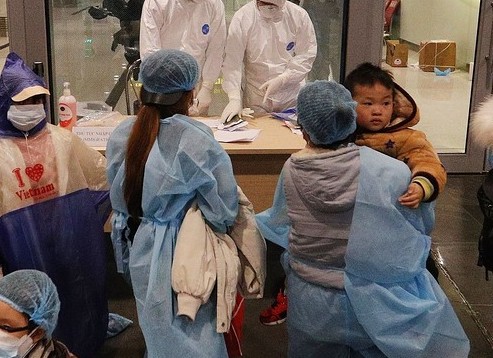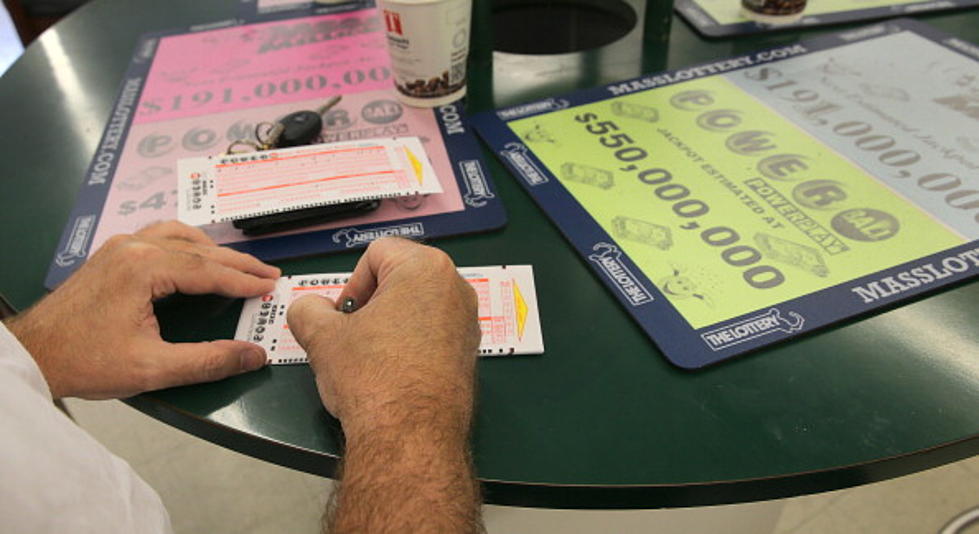Since the start of the coronavirus outbreak, researchers have been racing to answer a critical question: How much time passes between when a patient gets infected and when their coronavirus test comes back positive?
The estimates have been wide-ranging. According to the US Centers for Disease Control and Prevention, the coronavirus’ incubation period is believed to be two to 14 days. One study published in January reported six days. Another study (which has yet to be peer-reviewed) suggested it could be as long as 24 days.
Now a group of researchers led by epidemiologists at Johns Hopkins University may finally have an answer.
Their new study, published Monday in the journal Annals of Internal Medicine, suggests the coronavirus’ average incubation time is five days.
Typically, the end of the incubation period is marked by the onset of symptoms like coughing and fever. Figuring out how long it takes for those symptoms to appear “is particularly relevant when you’re thinking about how long you actually have to monitor people to make sure that they’re not infected,” Lauren Ancel Meyers, a professor of integrative biology at the University of Texas at Austin.
The Johns Hopkins researchers analyzed 181 coronavirus cases detected between January 4 and February 24 outside China’s Hubei province (where the outbreak started). They focused on cases in which a patient got sick after traveling to that province but whose diagnosis was confirmed somewhere else, since that made it easier to parse out each patient’s incubation period.
They found that on average, the coronavirus incubation period is 5.1 days.
That estimate aligns well with the known incubation periods for other coronaviruses found in humans, like SARS, which also has a five-day average.
The researchers also reported that “nearly all infected persons who have symptoms” would show them within 12 days of infection.
Identifying a virus’ incubation period in this way is critical for modeling its spread.
“It gives you an idea of how quickly the virus could propagate, if you want to project how many patients you’re going to see,” Stephen Morse, an epidemiologist at Columbia University, previously told Business Insider.
It also helps inform health departments about how long they need to actively monitor at-risk people without missing cases, the study authors wrote.
Is a 14-day quarantine long enough?
The US and many other countries have formulated their quarantine policies based on a 14-day incubation period. About 800 US citizens evacuated from Wuhan, China, were brought to military bases in nine states and put under a mandatory two-week quarantine.
A study of six family members infected with the virus, published February 21 in the Journal of the American Medical Association, showed that one patient’s incubation period was 19 days long.
Zhong Nanshan, who discovered the SARS virus, published research on February 6 that suggested the coronavirus incubation period could be up to 24 days. That study has not yet been peer-reviewed, however.
But the Johns Hopkins researchers estimated that for every 10,000 people quarantined for 14 days, 101 would develop symptoms after their release from quarantine — about 1%.
“Based on our analysis of publicly available data, the current recommendation of 14 days for active monitoring or quarantine is reasonable, although with that period, some cases would be missed over the long-term,” Justin Lessler, a senior author of the new study, said in a press release.
Lessler and his coauthors wrote that “longer monitoring periods might be justified in extreme cases.”
Experts still aren’t sure if people are contagious during the incubation period
Some research shows that on rare occasions, people can pass the coronavirus to others without ever becoming ill. One woman from Wuhan spread the virus to five of her family members without showing symptoms. According to the CDC, 392 of the 705 positive coronavirus cases on the Diamond Princess cruise ship were asymptomatic.
But health experts still aren’t sure whether people are contagious during the virus’ incubation period.
But there have been concerns that this two-week period is insufficient.













